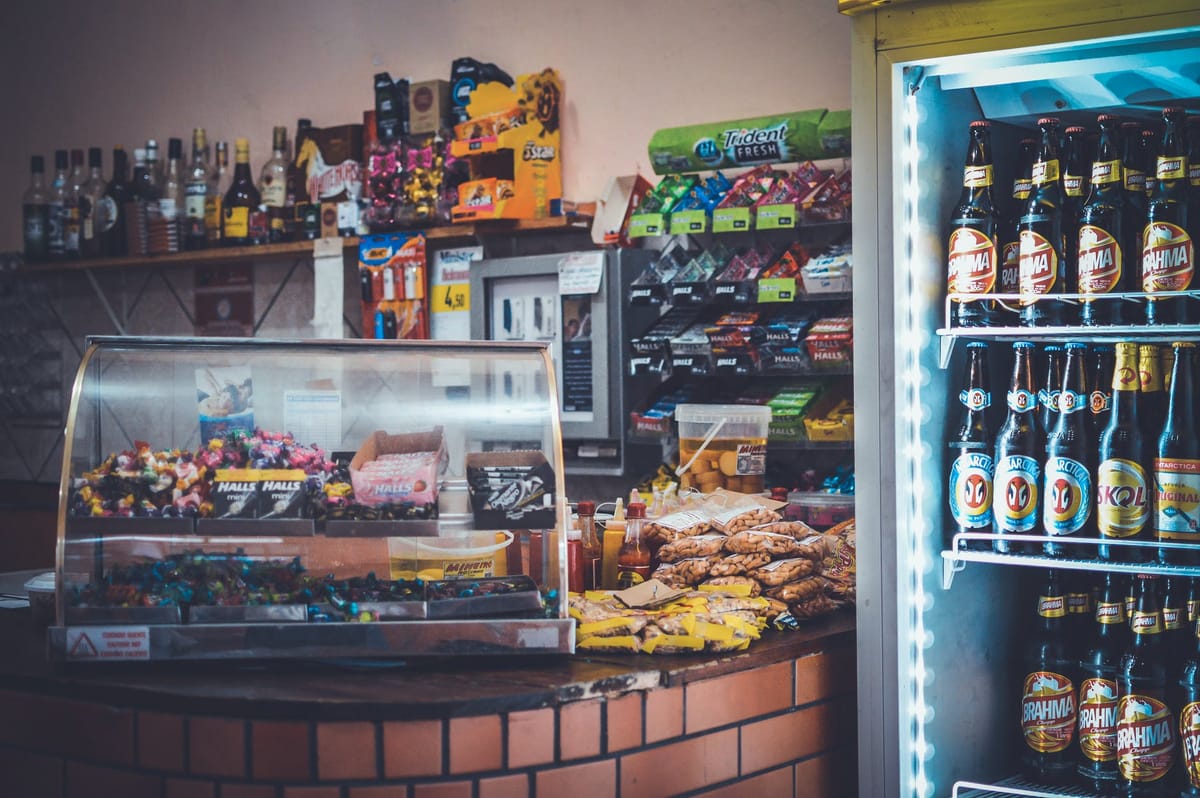What Does "Fair Value" Mean When Buying a Business?
We're often advised to buy stocks at prices below fair value, but what does "fair value" mean, anyway?

Bazaars and Supermarkets
I was in a bazaar in China around a decade ago. Before the trip, we were told we should haggle prices down to absurdly low levels.
I walked around and saw a pair of shoes. I asked for the price and was told that it would cost 1000 RMB. I said I'd get 2 pairs for 300 RMB, and the deal was done.
Later on, I found out that a friend got a similar pair of shoes for 50 RMB.
Shopping in bazaars is more complicated than your average supermarket. You need to know the value of what you're buying so that you can haggle down to a fair price
Supermarkets, on the other hand, are simple. The sticker price is all you need. I don't need to know the fair price of a Coke walking in - I can trust whatever the supermarket charges.
The stock market is like a bazaar.
Most people buy stocks as if they're in the supermarket. They trust that trending companies are great and that falling companies are terrible. These people believe that prices are trustworthy sources of information.
In reality, the stock market is more like a bazaar. It's a special kind of bazaar, however: It's a bazaar where even the sellers sometimes don't know the worth of their wares. They buy more at inflated prices when they're feeling greedy, and they dump everything at panicked, cheap prices when they're fearful.
This means that if we know how to appraise the goods in this bazaar, we can make a killing by buying underpriced gems in periods of fear and selling them at fair prices down the road.
But what is the value of a business, anyway?
The fair value of a business is the sum of all its future cashflows discounted to present values.
If we had a magic crystal ball that could predict every cash payment the stock would send to shareholders, then we would have a 100% accurate valuation of the business.
Most people trade stocks as if they're collectibles like art pieces or trading cards: You buy, pray that demand outweighs supply, watch the price shoot up (hopefully), then you sell.
However, businesses are very different from collectibles because businesses can send cash to shareholders. They do this through dividends, liquidations, buyouts, and so on.
You do not need to rely on market prices to make money from a good stock. It's already printing money as you hold on to it.
Warren Buffett and Coca-Cola: A Case Study
In the late 80's to early 90's, Warren Buffett purchased $1.3 billion worth of Coke (NYSE: KO) stock.
He bought because he saw the potential of Coke's international expansion, its strong brand, and its cheap market price relative to the cash flows he expected.
As of 2019, that $1.3 billion investment has already yielded around $7 billion worth of dividends. The shares also had a market price of around $20.7 billion.
Coke's strong operations led to strong profits. The strong profits allowed them to dish out strong dividends. Then the strong dividends enticed the market to buy their stock price up.
If you buy great cash flows at a discount, you won't need to sell your assets to make money - the cash flows alone will already be worthwhile.
Markets then react to these cash flows. Once an underpriced company starts issuing strong dividends, the markets tend to buy the company up, giving you a profit.
How do we predict cash flows in an uncertain future?
Given that valuation is the present value of all future cash flows, how do we make sure that our valuations are 100% accurate?
We don't. We just use conservative numbers and buy at a lower price compared to value, giving us a margin of safety.
Every business has a number. You can overpay for an amazing business, and you can buy terrible businesses at a discount. The key is to always buy at a discounted price.
When you buy at a 50% discount to your calculated value of the company, then you can be 50% wrong and still be fine.
Valuation isn't meant to be 100% accurate. Nobody can predict what the future holds with certainty, so we buy at discounts to protect us from unexpected events.



